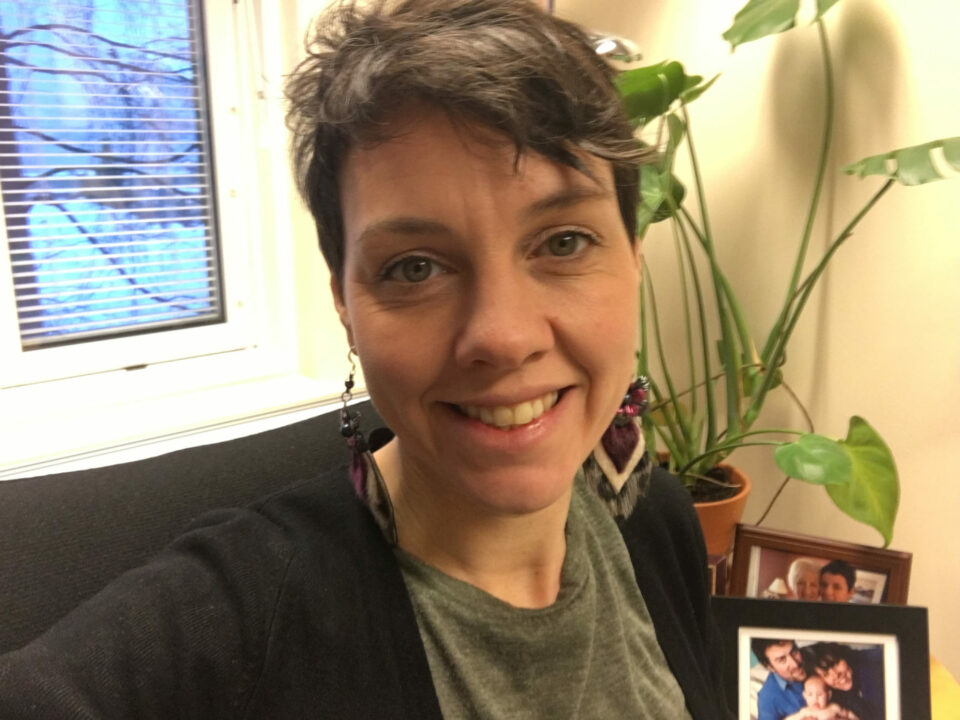Approaching Indigenous Feminisms as a Non-Indigenous Scholar: Conversations
Deatra Walsh
The Literature for inclusion initiative (Literature House) in collaboration with Amanda Fayant (UiT) and Libe García Zarranz’s project TransLit (Dept. Teacher Education, NTNU) are delighted to invite you to a workshop led by Deatra Walsh (UiT) on Indigenous feminisms.
Indigenous feminism is an emergent field of research, discussion and contemplation. What does it look like? What can it look like and what does it mean as a field? Approaching these questions is critical work, especially as a non-indigenous scholar. Recent debates on Sarah Radcliffe’s publication “Geography and indigeneity II: Critical geographies of indigenous bodily politics” (2017) in Progress in Human Geography and Sandra Inutiq’s op-ed “Dear Qallunaat: Racism, Public Government and Inuit Nunanga”, published in a number of venues, form the basis for this conversation. Further questions emerge. What does cognitive justice look like in the work around indigenous feminisms and what does being an ally really mean – in public government, in academia, as scholars, particularly as this relates to feminism in the context of intersectionality. The talk will focus on all of the elements and will bring in the winding work of Sara Ahmed to round our thoughts.
Deatra Walsh is Associate Professor of methodology at UiT: The Arctic University of Norway in Tromsø. In this capacity, she is cross appointed with three research and teaching centres: the Centre for Sami Studies, the Centre for Peace Studies and the Centre for Women’s and Gender Research. Deatra has a PhD in Sociology from Memorial University in St. John’s, NL, a Master of Rural Development from Brandon University in Manitoba and a Bachelor of Arts in Sociology from Concordia University in Montreal, Canada. She began her studies at Carleton University in Ottawa as a journalist. Deatra has held postdoctoral and research positions at York University in Toronto, Dalhousie University in Halifax, and at Tromsø. Before arriving to live in Tromsø in 2018, she lived for four years in Iqaluit, Nunavut. There she worked with the Government of Nunavut, first managing labour market programming for the territory and later as the Director of Poverty Reduction. Deatra is experienced using both quantitative and qualitative methods in the Social Sciences.
Free registration! Lunch included for registered participants.
Dato
18. mar 2019
Tid
9.00 - 11.00
Sted
Trondheim folkebibliotek, Magistratsalen

